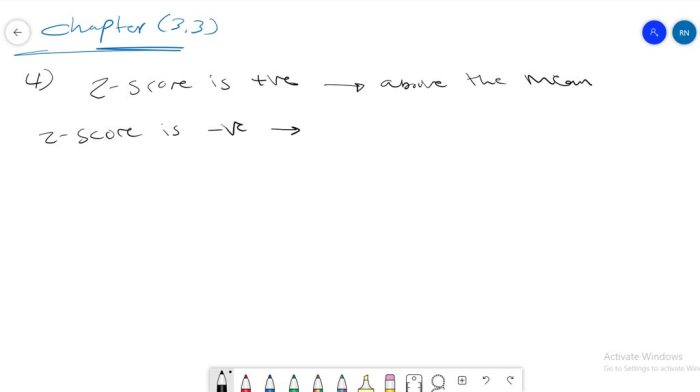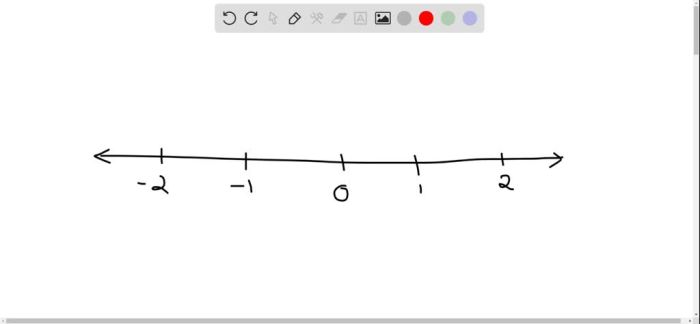If your score on your next statistics test is converted, it can significantly impact your interpretation and comparability. This comprehensive guide delves into the intricacies of score conversion, exploring its processes, implications, and ethical considerations.
Score conversion is a common practice in statistics, where raw test scores are transformed into a standardized grading system. This process allows for easier comparison and interpretation of scores across different tests and individuals.
Test Score Conversion Process: If Your Score On Your Next Statistics Test Is Converted

Converting raw test scores into a standardized grading system is a common practice in education and assessment. This process aims to make test scores more comparable and interpretable, allowing for fair and consistent evaluations.
One common conversion method is z-scores, which standardize scores based on their distance from the mean. Z-scores have a mean of 0 and a standard deviation of 1, making it easy to compare scores across different tests or groups.
Another common conversion method is percentages, which express scores as a percentage of the total possible score. Percentages are intuitive and easy to understand, but they can be affected by factors such as test difficulty or class average.
Factors Influencing Conversion Process
- Test difficulty: More difficult tests may result in lower raw scores, which can affect the conversion process.
- Class average: The average score of the class can influence the conversion process, particularly when using methods like percentages.
- Grading scale: The grading scale used can also affect the conversion process, as different scales may have different ranges or intervals.
Impact of Conversion on Score Interpretation

Converting test scores affects their interpretation and comparability. Converted scores allow for direct comparisons between scores from different tests or groups, even if the raw scores are different.
Advantages of Converted Scores
- Fairness: Converted scores can help ensure fairness by adjusting for differences in test difficulty or class average.
- Comparability: Converted scores make it easier to compare scores across different tests or groups, regardless of the raw score distribution.
Disadvantages of Converted Scores
- Loss of information: Converting scores can result in the loss of some information about the original raw score distribution.
- Potential bias: Conversion methods may introduce bias if not applied appropriately or if the underlying assumptions are not met.
Real-Life Examples, If your score on your next statistics test is converted
Score conversion is used in various settings, such as:
- Standardized testing: Converted scores are often used to compare scores from different students on standardized tests, such as the SAT or ACT.
- Grading systems: Many educational institutions use converted scores to determine grades for assignments or exams.
- Research: Researchers may convert scores to make data from different studies more comparable.
Considerations for Score Conversion

When converting test scores, several considerations should be taken into account:
- Appropriate conversion method: The choice of conversion method should be based on the specific purpose and the underlying assumptions of the data.
- Transparency: The conversion process should be transparent and well-documented to ensure fairness and accountability.
- Statistical assumptions: It is important to understand the statistical assumptions underlying the conversion method and ensure that they are met by the data.
Importance of Ethical Considerations
Converting test scores has ethical implications that must be considered:
- Fairness: Conversion methods should not introduce bias or unfairly advantage or disadvantage certain groups of students.
- Transparency: The conversion process should be transparent and communicated clearly to stakeholders.
FAQ Insights
What is score conversion?
Score conversion is the process of transforming raw test scores into a standardized grading system, allowing for easier comparison and interpretation.
What are the benefits of score conversion?
Score conversion enables easier comparison of scores across different tests and individuals, facilitates grading, and provides a common scale for evaluating performance.
What are the ethical considerations in score conversion?
Score conversion should be conducted using fair and unbiased methods, ensuring that all individuals are treated equitably and that scores are not distorted or misinterpreted.